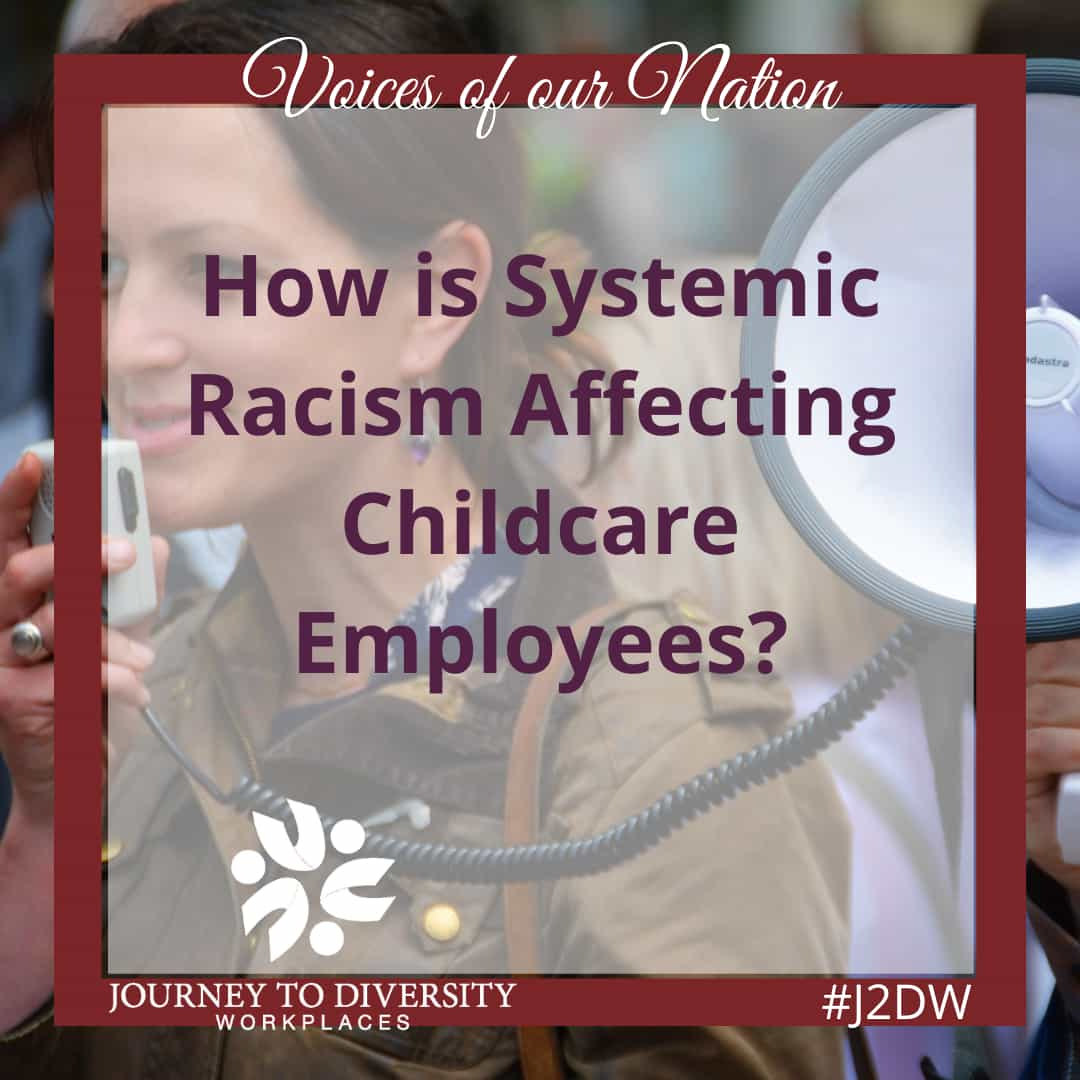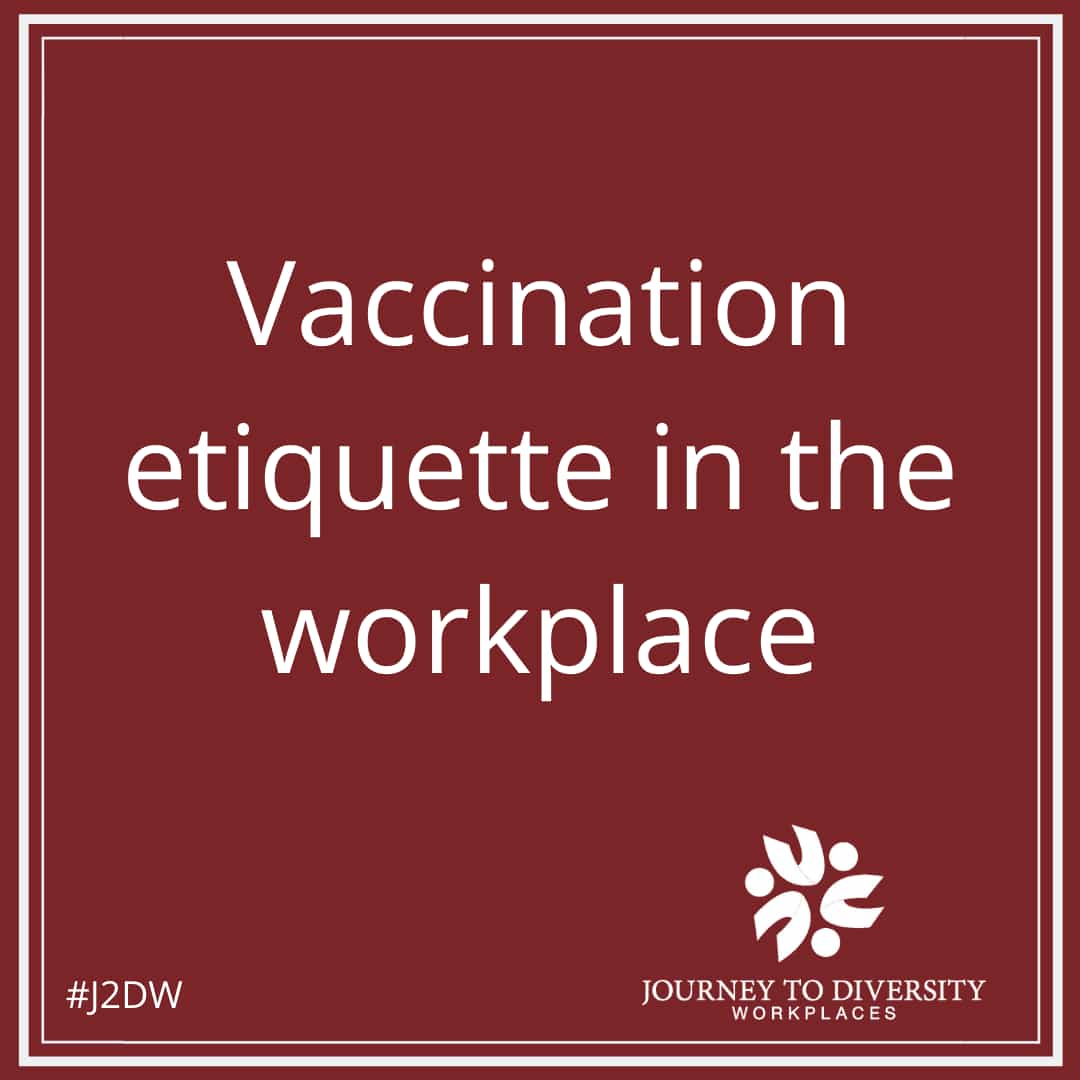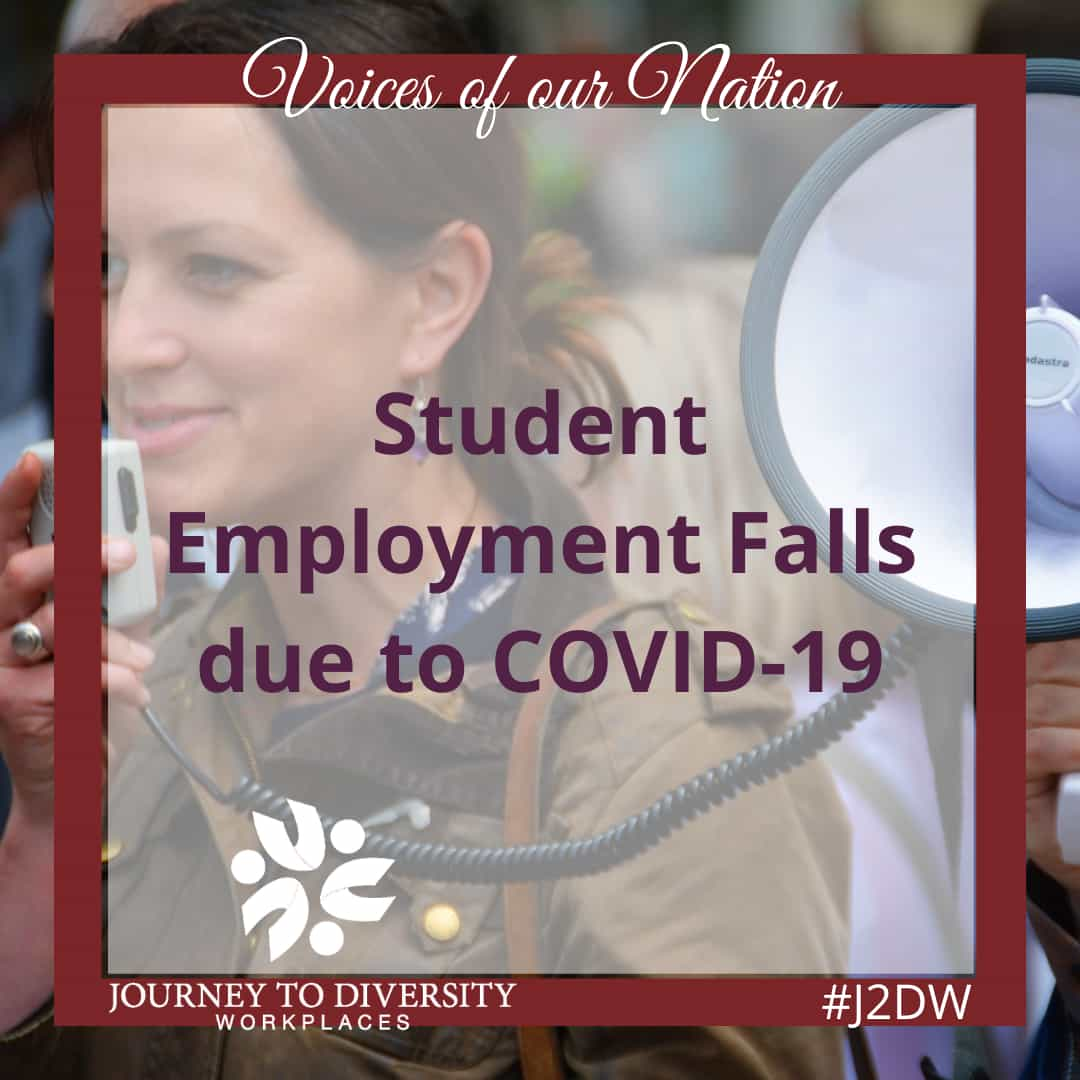Childcare is an area of service that has shown to be the backbone of the economy. Without childcare, parent(s) would struggle to get out to work, making it an essential service. It also provides jobs to the three hundred thousand employees working within the industry in Canada. The Covid-19 pandemic has amplified issues within the childcare system that stem from the deeply rooted systemic racism that has cultivated within our society.
In our society today, we still see many examples of systemic racism that seep into every aspect of life. Those in racial minorities have to overcome hurdles that are not experienced by the racial majority and have a more difficult time obtaining the same opportunities. Occupational segregation, especially amongst high paying and white-collar jobs, spurs on a multitude of other inequalities; mainly income and housing. Due to this systemic racism, the demographic in many low-income neighborhoods is black, indigenous or other people of colour (BIPOC), furthering the pattern that has been laid out in the past. Many of these neighborhoods are in what is known as child-care deserts; defined as an area with an insufficient supply of child-care, making affordable childcare one of the most difficult services to find.
The Covid-19 pandemic highlighted this inequality as daycares and other childcare centres were forced to reduce the occupancy, making it challenging for parents to find suitable placements for their children – even more so in areas that were already lacking in childcare options. The over representation of BIPOC in low-income areas caused this change to affect them more so than those in the racial majority. Many families and individuals had to make the difficult choice on if they would be returning to work or remaining at home to take care of their child(ren).
Outside of the family, the pandemic negatively impacted those working in the childcare industry, many of whom are members of BIPOC communities. The reduction in capacity equates to a loss of revenue. With fewer children in their care and less revenue, a portion of employees were let go as they were not required. In an industry population where BIPOC individuals are overrepresented, these communities were heavily affected. According to Stats Canada, one third of workers in the childcare industry are immigrants or non-permanent residents, and even more identify in a visual minority. Not to say that this did not affect members of the racial majority, but that it negatively affected BIPOC exponentially more.
The Canadian government did offer some financial assistance to those working in designated essential services, who were unable to work from home, and required childcare. However, this assistance only helped in specific circumstances. Many families were left questioning what they were going to do in terms of childcare for the foreseeable future, especially those in jobs that were not remote nor classified as one of the designated essential services.
Hopefully the issues in access, cost, and employment that arose during the pandemic were enough to urge the government to make strides towards the implementation of a universal childcare system, as well as the improvement in the cost and location of childcare. At a minimum there should be an increase in the funding provided by the government, to keep the system running smoothly. The government should also increase the level of support they give, by making it easier for visual minorities to reach out and access aid. Besides those changes, the government could work towards the implementation of more flexible work schedules or increase the availability of remote positions, especially for parents, even after the pandemic has subsided. It would allow more options for those who choose not to or cannot afford to send their children to any of the childcare services. In addition to that, companies that already offer childcare benefits for their employees should increase the amount given. Those that do not offer those benefits, should work to integrate such incentives into their company.
There are still many steps that need to be taken to dismantle this inequality in the childcare industry. To allow this system to thrive once again, the government must take action to repair and enhance this essential service, with the livelihood of the parents and the workers at the forefront of their minds.
References
https://www150.statcan.gc.ca/n1/pub/11-627-m/11-627-m2021051-eng.htm
https://www150.statcan.gc.ca/n1/daily-quotidien/210625/dq210625a-eng.htm
This article was written by summer student Hannah Mastin and edited by summer student Adam Best. This article was funded by the Government of Canada.



